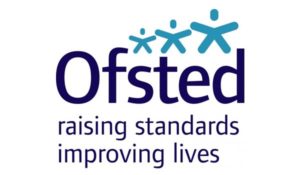Science at Grange Primary School
At Grange we aim to provide a curriculum that inspires and encourages our children to explore and ask questions about the world around them. Science is taught both practically and theoretically to ensure all of our children can access the curriculum. Through weekly lessons, practical investigations, trips, workshop and science weeks we aim to motivate and enthuse our children to adopt a love of learning. As a school we follow the Kent Scheme of work for Science. Through the curriculum children are taught how to ‘work scientifically’ through the content of Biology, Chemistry and Physics. Children learn to use a variety of approaches to answer relevant scientific questions. They will do this by asking questions, collecting and analysing data, developing explanations, solving problems and seeking and using evidence to test their ideas. These types of scientific enquiry include:
- observing over time
- pattern seeking
- identifying, classifying and grouping
- comparative and fair testing (controlled investigations)
- researching using secondary sources.


